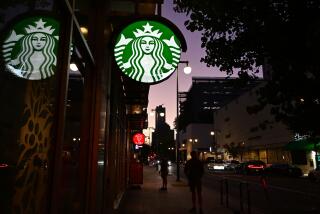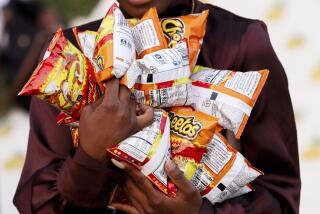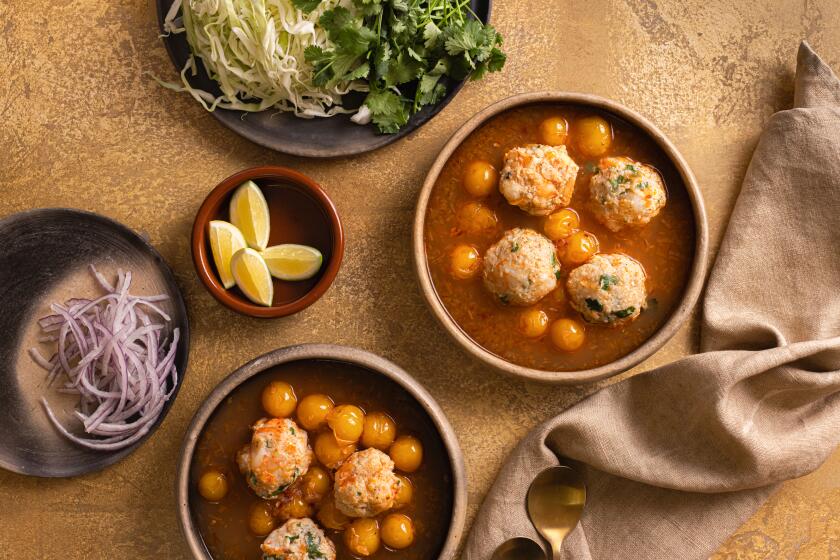Monster drinks: Are the energy drinks marketed to children?
Monster Beverage Corp., maker of the caffeinated energy drinks with the signature “M” on the cans, is under investigation by the San Francisco city attorney and New York state attorney general to determine if it is marketing its drinks to children.
Investigations into the Corona-based company began in 2012 and San Francisco City Atty. Dennis Herrera filed suit against Monster last year, claiming the company misrepresents its harmful beverages and targets minors with its marketing.
Monster filed its own preemptive suit, asking a federal judge in California to stop the investigation, but that suit was thrown out in December.
“Despite the known dangers highly-caffeinated products pose to young people’s health and safety, Monster deliberately targets children with its marketing,” Herrera said in a statement. “The U.S. Senate Commerce Committee has expressed grave concerns about aggressive marketing of these products to young people, and the NCAA even prohibits member colleges from giving energy drinks to athletes because of the serious safety risks.”
There are 160 miligrams of caffeine in a 16-ounce can of a Monster energy drink. There are 330 milligrams of caffeine in a 16-ounce cup of Starbucks coffee, acccording to the Center for Science in the Public Interest.
Some of the marketing Herrara claims is geared toward children includes a “Monster Army” social network featuring young children and the company’s promotion of the energy drinks at school events. In a promotion called “Monster Energy Drink Player of the Game,” high school athletes are photographed with two four-packs of 16-ounce cans of the energy drinks.
We reached out to Monster Beverage Corp. for comment, but have yet to hear back. Tammy Taylor, a spokeswoman for the company, told the Associated Press the drinks were not marketed to children and did not contain high amounts of caffeine.
A warning label on the Monster cans asks consumers to drink responsibly, to not consume more than three cans per day and warns the beverage is not recommended for children, pregnant women or people sensitive to caffeine.
If the two prosecutors’ offices are successful, Monster could be forced to stop the marketing campaigns in question and pay civil penalties and restitution as a result of unfair business practices.
Want more food news? Follow me on Twitter: @Jenn_Harris_
ALSO:
Caffeine can help memory: Have a latte, stop forgetting
Please don’t bring your baby to my restaurant, chef pleads
Under new food safety law, bartenders have to wear gloves
More to Read
Eat your way across L.A.
Get our weekly Tasting Notes newsletter for reviews, news and more.
You may occasionally receive promotional content from the Los Angeles Times.







